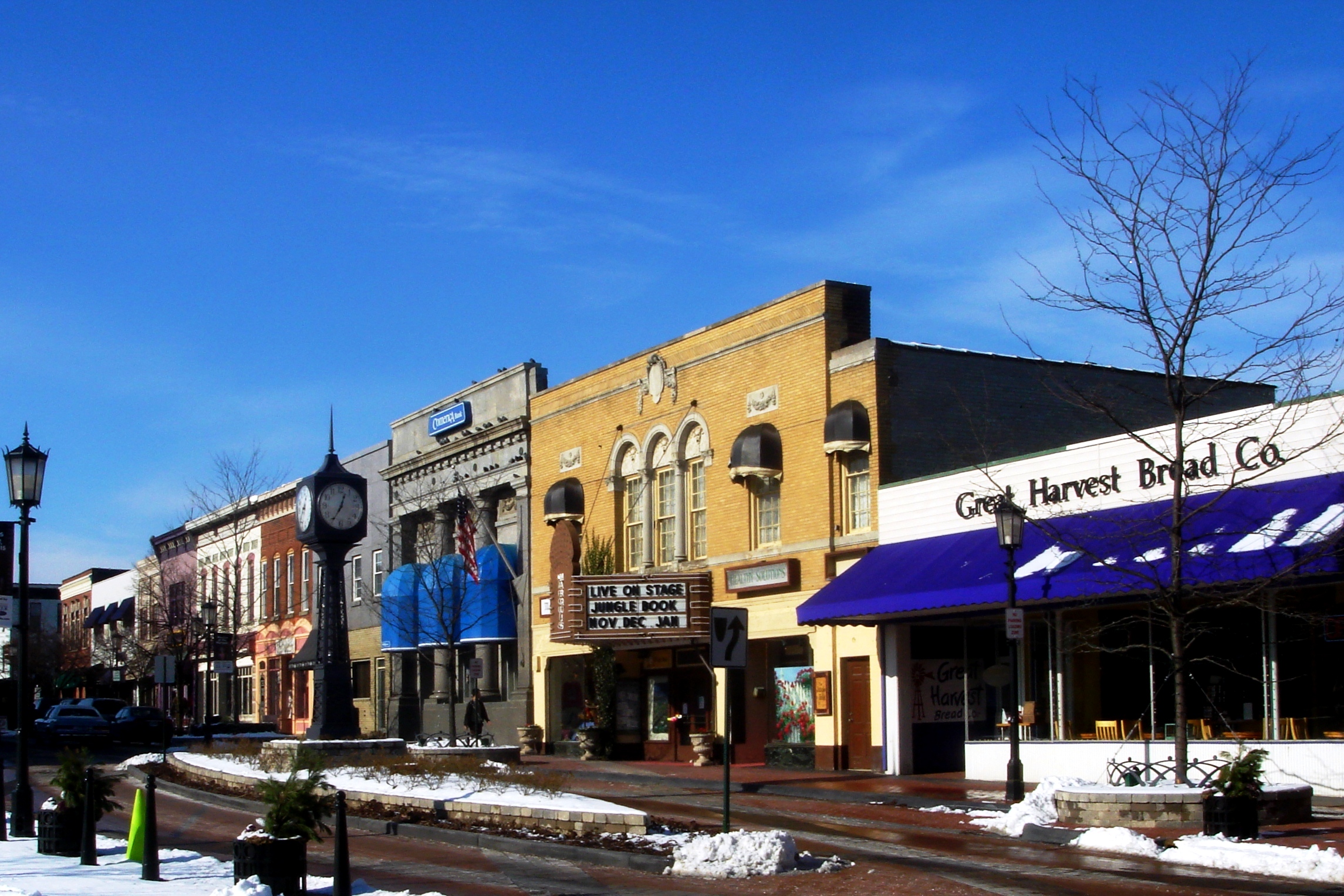Hating Your Hometown
Though Meister and I are both from Northville, the city she condemns as “reckless,” perspectives like Meister’s are actually what perpetuate the area’s problems.
By Elizabeth Rourk, University of New Haven
I moved to what I now consider my hometown when I was four years old, and didn’t leave until going to college almost two years ago.
Most of my cousins attended the same high school as I did, and our grandparents never lived more than a town away. In some ways, I never knew a life outside of Northville, Michigan, the Detroit suburb I spent the majority of my life in.
Last year, RoadSnacks did a study combining housing costs, household incomes, education levels and the number of private schools, theaters and art galleries per capita to come up with the ranking of the Top Ten Snobbiest Cities in Michigan.
My hometown topped the list. As they concluded, “There are snooty places, then there are snobby places, and then there’s Northville.”
I laughed, because everything the study said about my hometown was true. Northville is a town where everyone’s lives are public information, and no one asks if you are going to college, but rather where you are going. It’s a town where most students hold part-time jobs to bolster their resumes, not because they need the money. When I went to college, I was more than ready to move away, to be in a place where the stereotypes created by my hometown could no longer follow me, where I was finally surrounded by new people and experiences for the first time in my life. Going to college, I felt like I had found the place I belong, something I was never quite able to find in my hometown.
Still, Northville may not have given me the best four years of my life, but I will always be thankful for growing up there. It gave me opportunities I wouldn’t have had other places, and gave me an education that allowed me to have my pick of colleges when the time came.
There was nothing more exciting than putting on my college t-shirt on my last day of high school, and celebrating with my class over what we had accomplished and where we were going. Although excited to leave Northville behind, by looking around and seeing where everyone had chosen to attend college, it was obvious that we had reaped the benefits given to us over the years.
Every year, the “New York Times” invites graduating high school seniors to submit their college application essays. Out of the thousands they receive, the newspaper publishes the four they consider to be the most outstanding. This year, one was written by a girl who graduated from the same high school I did.
The author chose to write about how growing up in Northville had led her to fall into a materialistic mindset, the mindset her community propagated, and her goal for college was “to find a world in which people act consciously, aware that their actions affect others, and choose to delve deeper by asking questions and seeking legitimate answers that may differ from their limited understanding.”
In her essay, she describes the culture at Northville High School as “reckless,” citing as examples the selling of recreational drugs and test answers with little, if any, regard for consequences.
“Most of us know nothing of consequences or responsibility for our actions,” she says, “because our fathers can cover for us with cash and connections. We’ve been raised in such privilege that we feel enabled to say and do whatever we want, thoughtlessly.”
I’ve only been out of high school two years, and I clearly remember the culture she is referring to. There were many times I felt as if grades in high school were nothing more than a game. It was more about whose parents could secure the best tutor than about who was studying the hardest. “Friends” competed in everything from sports to standardized test scores.
I remember how easy it was to get caught up in the superficial nature of it all, and how it created the feeling of being trapped in a bubble. Despite all of this, I always knew that this was not the norm. I never let myself get so caught up in the Northville way of life that I would assume that is how everyone lives.
Regardless, Meister’s thoughts on Northville are nothing new. Disdain for our hometown always radiated through the halls of our high school, with everyone spending more time trashing where we lived rather than focusing on everything it had to offer. It was easier to fault Northville for raising us to think we were better than everyone else, than to accept responsibility for the fact that we had bought into it all our lives.
Many of my fellow students never learned to appreciate everything we were given.
By not acknowledging the education and opportunities that were offered to us, we were furthering the cycle of not accepting consequences. Privilege does not breed ignorance; allowing privilege to bubble you away from the world breeds ignorance. Lacking a cultivated worldview (especially in 2016 America) is a sin of commission, not something to be blamed on your community.
I’ve had many friends tell me that they forget that how Northville lives is not how the rest of the world lives, and I can honestly say I have never felt that way.
My parents worked hard so that we could afford to live in Northville and my brother and I could attend good schools. Everyday I spent there I remembered how lucky I was to grow up there, and I doubt I would be where I am today if I had lived in a different town. Although my personal ideals do not align with those of Northville, the city and its advantages helped get me to a place in my life where I am happy, and for that, I appreciate it.
Berating Northville does nothing more than feed into the so-called “recklessness” that Erica describes. Living in “the snobbiest city in Michigan” is a consequence of all the benefits we’ve had our entire lives, and by trashing it, we are doing nothing more than continuing the cycle of ungratefulness and myopia. Rather than spreading negativity, a better way to stop the ignorant behavior that continues in Northville is to remind everyone to appreciate what they’ve been given.









